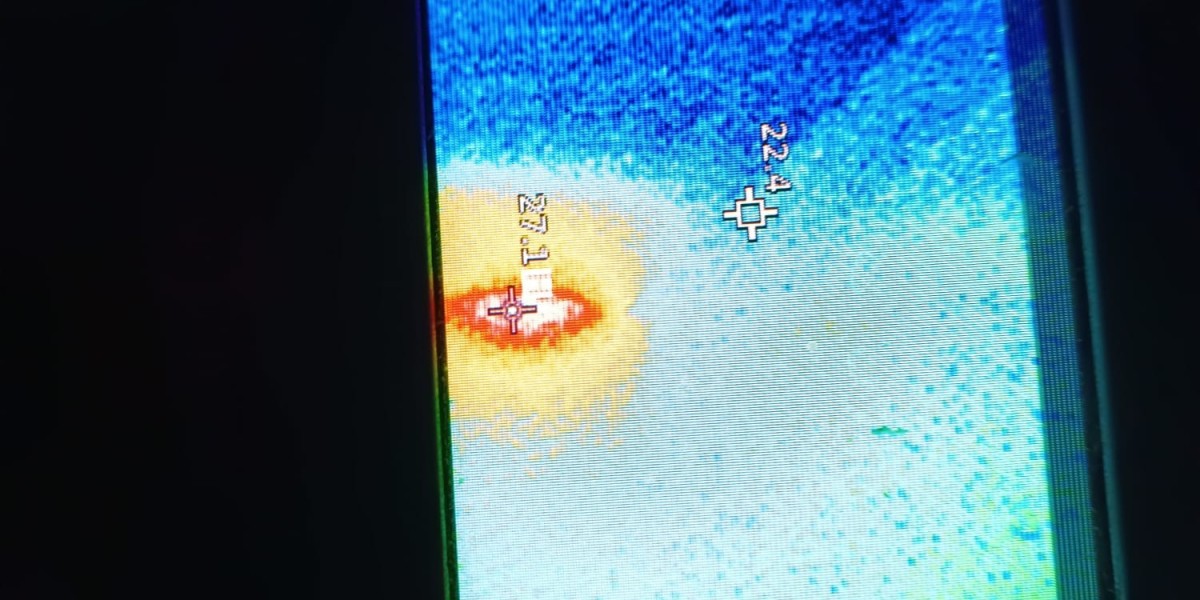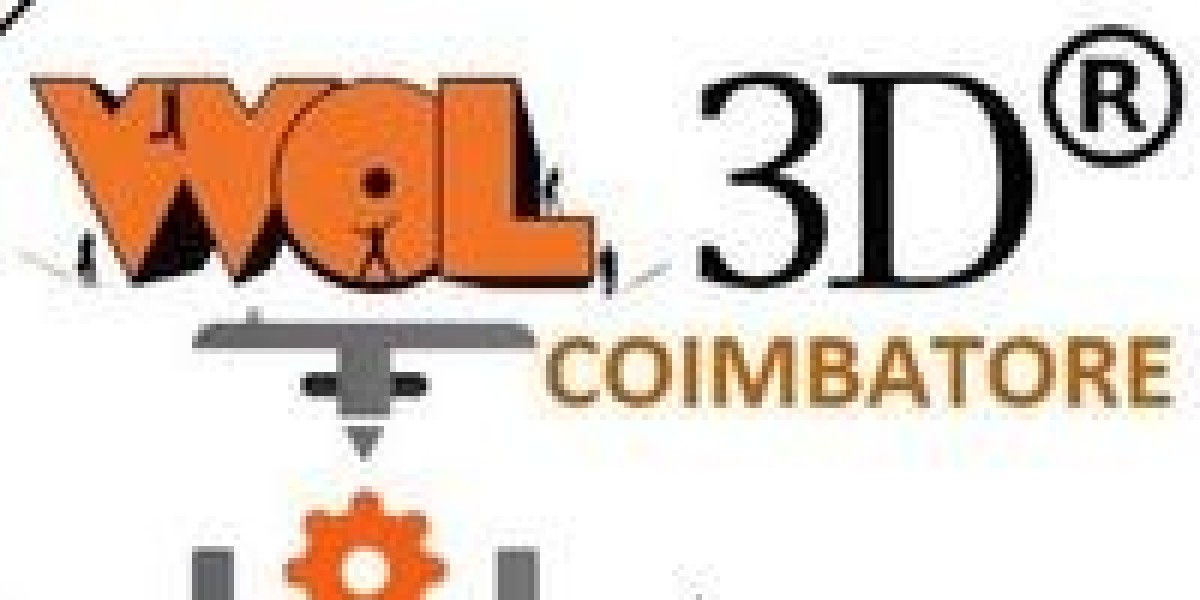The United States generic injectables market is a dynamic segment within the pharmaceutical industry, known for its robust growth and substantial impact on healthcare. As of 2023, the market size stood at approximately USD 15.07 billion. Projections suggest a promising future, with an expected compound annual growth rate (CAGR) of 7% from 2024 to 2032, potentially reaching USD 27.76 billion by the end of the forecast period. This blog provides an in-depth look at the trends, industry segmentation, market outlook, and key players shaping the future of generic injectables in the United States.
Market Overview
United States Generic injectables market is non-branded drugs that are bioequivalent to their branded counterparts but are available at a lower cost. These products are crucial in the fields of oncology, anaesthesia, anti-infectives, and critical care, among others. The increasing demand for cost-effective treatment options, coupled with the high prevalence of chronic diseases and the rising aging population, are key drivers of market growth.
Trends Shaping the Market
Several trends are currently shaping the generic injectables market in the United States:
- Increased FDA Approvals: There has been a significant increase in the number of FDA approvals for generic injectable drugs, which helps broaden the market scope and accessibility of affordable medications.
- Technological Advancements: Innovations in drug development and manufacturing processes are improving the efficiency and quality of generic injectables.
- Strategic Collaborations: Companies are engaging in mergers and acquisitions to enhance their production capabilities and expand their market reach.
Industry Segmentation
Industry segmentation provides a clearer view of how the generic injectables market is structured. This helps in understanding the specific areas of growth, challenges, and opportunities within the market. Here, we'll delve deeper into the segmentation based on type of formulation, application, and container types:
Type of Formulation
The formulation type of generic injectables is crucial as it impacts the drug's stability, delivery, and efficacy. This segment is generally divided into:
Small Molecule Injectables: These are the most common types of generic injectables and include a wide range of drugs that are chemically synthesized. Small molecule drugs are typically quicker and less costly to develop compared to biologics, making them a substantial part of the generic injectables market.
Biologics: This segment includes bioengineered proteins, vaccines, and antibodies. Although more complex and expensive to manufacture, biologic injectables are increasingly prominent in the generic market due to their potential in treating chronic and life-threatening conditions.
Application
The application segment reflects the therapeutic areas where generic injectables are used. The major categories include:
Oncology: This is one of the largest segments for generic injectables due to the high cost of cancer treatments and the ongoing need for more affordable options. Generic injectables in oncology include chemotherapies and supportive care medications.
Anaesthesia: Generic injectables used in anesthesia are critical for performing surgeries and other medical procedures. They include anesthetics, muscle relaxants, and pain management medications.
Anti-infectives: These are used to treat infections and include antibiotics, antivirals, and antifungals. The demand for generic versions in this segment is high due to the widespread occurrence of infectious diseases and the necessity for cost-effective treatments.
Cardiovascular: Medications in this category treat conditions such as hypertension, heart failure, and arrhythmias. Generic injectables offer a cost-effective alternative to branded medications, which is vital for long-term disease management.
Others: This includes endocrinology, neurology, and critical care among other areas. Each of these sub-segments represents specialized therapeutic areas where generic injectables are used to manage different health conditions.
Container Types
The type of container is significant in terms of the storage, stability, and administration of generic injectables. The main types include:
Vials: These are small glass or plastic bottles used to store liquid or powdered medications that are reconstituted before use. Vials are a common choice for many injectable drugs due to their versatility and ease of use.
Ampoules: Glass containers that are sealed to protect their contents from air and contaminants. Ampoules are typically used for single doses and are broken open at the time of use.
Premix: These are ready-to-use solutions that come in bags or bottles and are convenient for healthcare settings because they reduce preparation time.
Prefilled Syringes: These syringes come preloaded with a fixed dose of medication, offering convenience and reducing medication errors. They are increasingly popular for treatments that patients can administer themselves, such as insulin or emergency drugs like epinephrine.
Get a Free Sample Report with a Table of Contents: https://www.expertmarketresearch.com/reports/united-states-generic-injectables-market/requestsample
Market Outlook
The outlook for the U.S. generic injectables market remains positive, with growth driven by the need for affordable healthcare solutions. The ongoing shift towards generic drugs, supported by governmental and institutional policies promoting generic drug use over branded prescriptions, is expected to sustain market expansion.
Key Players
- Pfizer Inc.
- Hikma Pharmaceuticals PLC
- Sandoz International GmbH
- Teligent, Inc
- Others
FAQs
Q What are generic injectables?
Generic injectables are equivalent to brand-name injectables but are significantly cheaper. They must meet the same standards of quality, safety, and efficacy as branded drugs.
Q Why is the market for generic injectables growing?
The growth is driven by the need for cost-effective treatments, the increase in chronic diseases, an aging population, and supportive regulatory policies.
Q How do technological advancements impact the market?
Technological improvements in manufacturing and drug delivery systems enhance the stability and efficacy of injectables, which, in turn, boosts market growth.
Q What challenges does the generic injectables market face?
Challenges include rigorous regulatory requirements, high competition, and complexities in manufacturing processes.
Q What impact does the aging population have on the market?
An aging population increases the demand for medications, particularly for chronic diseases and critical care, which are predominantly treated with injectables.
Media Contact:
Company Name: Claight Corporation
Contact Person: Robin Johnson, Business Consultant
Email: [email protected]
Toll-Free Number: US +1-415-325-5166 | UK +44-702-402-5790
Address: 30 North Gould Street, Sheridan, WY 82801, USA
Website: www.expertmarketresearch.com








